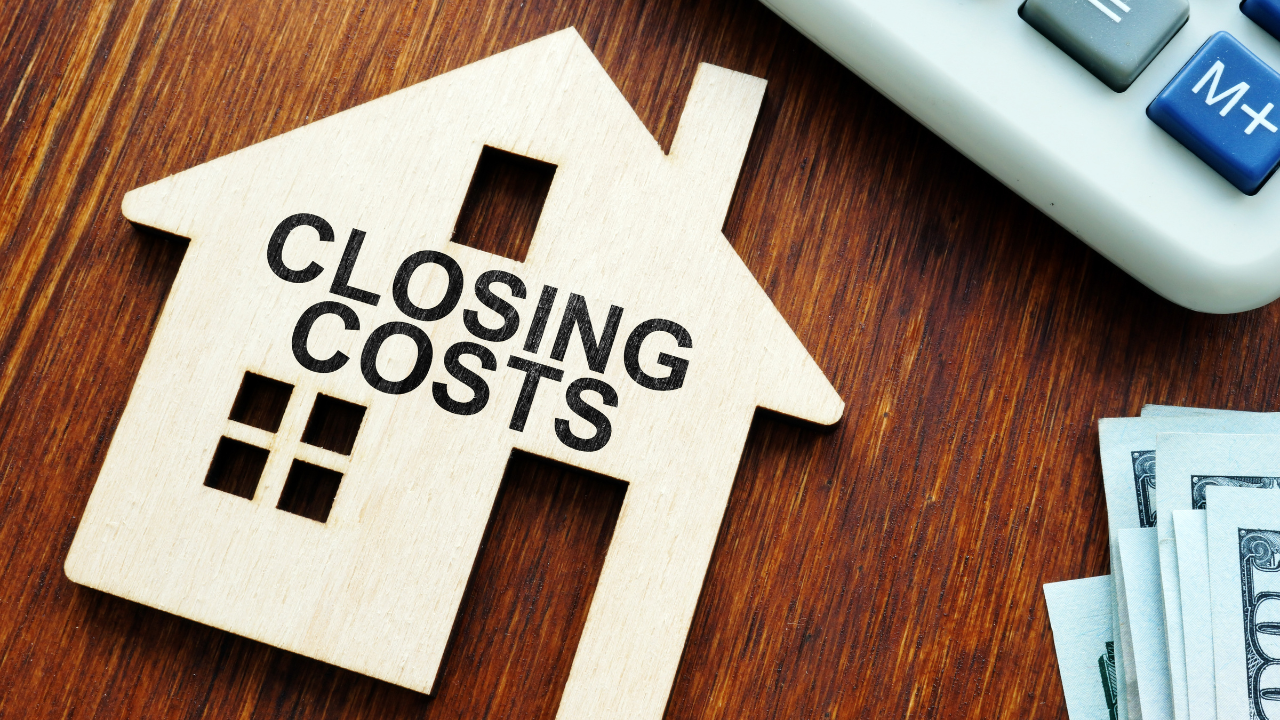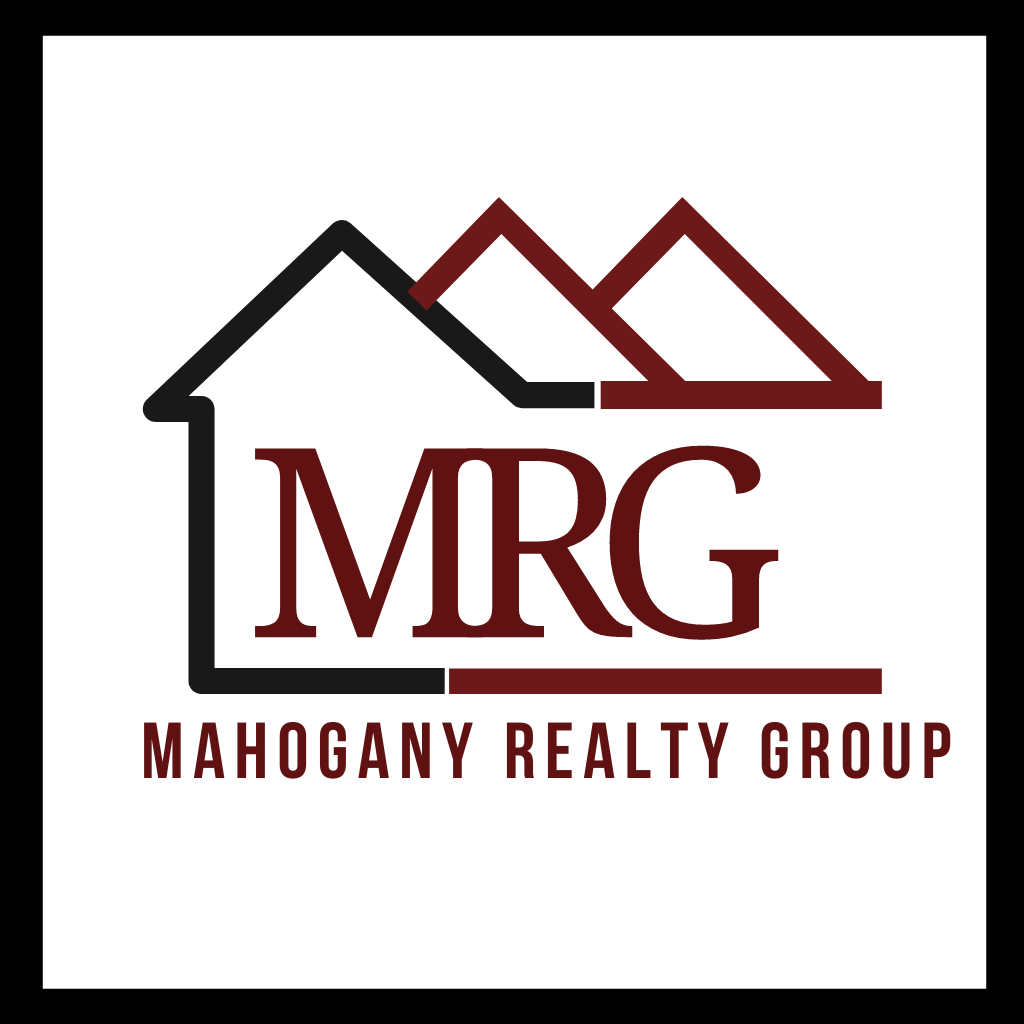Prepaid Costs in Homebuying: What to Expect Upfront

When you’re buying your first home, it’s easy to focus primarily on the down payment and monthly mortgage payments. But there are several other expenses that come with homeownership that you’ll need to consider before the closing table. One of these often-overlooked costs is prepaid costs, which are expenses that are paid in advance at closing. Understanding prepaid costs is crucial for first-time homebuyers because they can add up quickly and significantly impact your overall budget.
In this article, we’ll break down what prepaid costs are, the types of prepaid costs you can expect, why they matter to first-time homebuyers, and how to budget for them. Let’s dive in!
What Are Prepaid Costs in Homebuying?
Prepaid costs are upfront expenses that are paid by the buyer at closing, which go beyond the down payment and closing costs. These costs are typically required by lenders or service providers to ensure that important ongoing costs related to your new home are taken care of from the very start.
Unlike closing costs, which are one-time fees for services like loan processing and title insurance, prepaid costs cover things like property taxes, homeowner’s insurance, and mortgage insurance premiums. While they’re technically considered “upfront” costs, prepaid costs aren’t part of the sale price of the home.
Common Types of Prepaid Costs You’ll Encounter
Now that we’ve defined prepaid costs, let’s look at the specific types of prepaid expenses that you might encounter during the homebuying process.
1. Property Taxes
- What They Are: Property taxes are an ongoing expense homeowners are required to pay to their local government, typically annually or semi-annually. These taxes are used to fund local services such as schools, infrastructure, and public safety.
- How They’re Prepaid: Since property taxes are paid in arrears (meaning the taxes are paid after the period in which they’re assessed), lenders often require the first year of property taxes to be paid at closing. This ensures there are no lapses in coverage between when the taxes are due and when the seller’s tax payments end.
- How It Affects You: Depending on when you close on your home, you might need to pay prorated property taxes that are calculated from the closing date to the next due date.
2. Homeowner's Insurance Premiums
- What It Is: Homeowner's insurance protects your home and belongings from damage due to fire, theft, or other disasters. Most lenders require homeowners to have insurance to protect their property.
- How It’s Prepaid: At closing, you’ll typically be required to pay for your first year’s insurance premium upfront. In addition to that, many lenders will also require an escrow account, where they collect a portion of the future premium payments each month and hold it until the next payment is due.
- How It Affects You: Expect to pay for the entire first year of insurance at closing. You’ll also need to keep in mind the additional monthly costs for future premiums, which will be factored into your mortgage payment if placed in escrow.
3. Mortgage Insurance
- What It Is: If your down payment is less than 20%, lenders typically require private mortgage insurance (PMI). PMI protects the lender in case you default on your loan.
- How It’s Prepaid: Some types of mortgage insurance require the first premium to be paid upfront at closing. With government-backed loans, such as FHA loans, you may be required to pay mortgage insurance as part of your monthly mortgage payment or as an upfront cost.
- How It Affects You: PMI premiums can add a significant amount to your monthly payments. Be prepared to factor this into your overall budget.
4. Prepaid Interest
- What It Is: Mortgage interest is generally paid monthly, but at closing, you’ll need to pay for interest accrued from the day you close until the end of the month. This is known as prepaid interest.
- How It’s Prepaid: Your lender will calculate the interest from the closing date to the end of the month and collect it as part of your upfront costs.
- How It Affects You: This can be a minor expense, but it’s important to keep in mind that this is an additional cost on top of your regular monthly payments.
Why Prepaid Costs Matter for First-Time Homebuyers
Prepaid costs are important because they can significantly impact your financial plans. Here’s why they matter and how they can affect your homebuying experience:
1. They Can Add Up Quickly
Although prepaid costs are necessary, they’re often an unexpected expense for many first-time buyers. Prepaid costs aren’t included in the down payment or closing costs, so you may not fully anticipate how much they will add to your financial requirements.
For instance, if you’re closing on a home in the middle of the year, property taxes could cost several thousand dollars upfront. When combined with homeowner’s insurance and prepaid interest, the total can add up to a large sum that you’ll need to be prepared for.
2. Impact on Your Cash Flow
Prepaid costs can impact your cash flow after closing. While these are one-time costs, they are necessary to make sure that your homeownership starts off on the right foot. These costs are generally paid upfront, but they should still be considered when planning your finances for the next few months.
3. Financial Planning and Budgeting
Knowing that these costs are coming can help you set aside the necessary funds ahead of time. Planning for these costs allows you to have a more realistic idea of the overall amount you’ll need at closing and prevents any financial surprises.
How to Calculate Prepaid Costs

Understanding how to calculate these costs is essential for planning your budget. Here’s a breakdown of how to estimate prepaid costs before closing.
1. Estimate Property Taxes
- Property taxes vary based on the home’s value and location. You can typically find the property tax rate on your local county or city website. Once you know the rate, you can multiply it by the home’s value to estimate annual property taxes.
- Example: If the home is valued at $300,000 and the tax rate is 1.25%, your estimated annual property tax would be $3,750. At closing, you would be responsible for a prorated portion of this tax.
2. Calculate Homeowner's Insurance Premium
- Homeowner's insurance premiums can vary based on factors like location, home size, and coverage levels. The average premium in the U.S. is about $1,000 to $1,500 per year, but it can be higher depending on the area.
- Tip: Shop around for insurance quotes to get the best rates and ensure you’re not paying more than necessary.
3. Estimate Mortgage Insurance Premium
- PMI rates vary depending on the size of your down payment, loan amount, and loan type. On average, PMI costs between 0.3% and 1.5% of the original loan amount.
- Example: For a $250,000 loan, PMI could range from $750 to $3,750 annually, and your lender will likely require the first premium to be paid at closing.
4. Calculate Prepaid Interest
- Prepaid interest is calculated based on the day you close and the interest rate of your loan. It’s generally a small expense, but it’s important to account for it in your closing costs.
- Example: If you close on the 15th of the month and your monthly mortgage payment is $1,500 with a 4% interest rate, your prepaid interest will be approximately $1,500/30 (for the month) = $50/day, so your prepaid interest would be about $750 for 15 days.
Are Prepaid Costs Negotiable?
Unlike closing costs, prepaid costs are typically not negotiable. They are often required by your lender or the insurance provider, so you don’t have much room to negotiate these amounts. However, there are a few ways to minimize them:
- Shop Around for Insurance: You can compare homeowners insurance quotes from multiple providers to find the best rate.
- Negotiate with Your Lender: While prepaid costs themselves are often non-negotiable, you may be able to negotiate other aspects of your mortgage, like reducing the amount of PMI or locking in a lower interest rate.
How to Plan for Prepaid Costs in Your Budget

The best way to prepare for prepaid costs is to start budgeting early. Here are some practical steps to ensure you’re financially ready for these expenses:
1. Set Aside Funds Early
Aim to save at least 2-3% of the purchase price of the home to cover prepaid costs and closing expenses. This will give you a comfortable cushion and help you avoid last-minute financial stress.
2. Consult Your Lender
Your lender can provide you with an estimate of the prepaid costs you’ll need to pay at closing. They can also help you set up an escrow account for future payments.
3. Use Online Calculators
Online calculators can help you estimate your property taxes, homeowner’s insurance, and PMI, giving you a more accurate picture of your upfront costs.
Words of Encouragement
Prepaid costs in homebuying are an important consideration for first-time homebuyers. While they might seem like small expenses compared to the down payment, they can add up quickly and affect your cash flow. By understanding what prepaid costs are, how to calculate them, and how to plan for them, you can ensure a smoother homebuying experience.
Remember, being prepared for these upfront expenses will help you avoid surprises at closing and set you up for success in your new home.
Smart Moves in Real Estate


WANT TO BUY OR SELL A PROPERTY?
CALL ME TODAY
LOCATION
7060 Centennial Dr
Tinley Park, IL60477
m.archer@mahoganyrealtygrouphomes.com
We are committed to providing an accessible website. If you have difficulty accessing content, have difficulty viewing a file on the website, notice any accessibility problems, or should you require assistance in navigating our website, please contact us.
©Copyright - All Rights Reserved
Website Powered by National Association of REALTORS®
